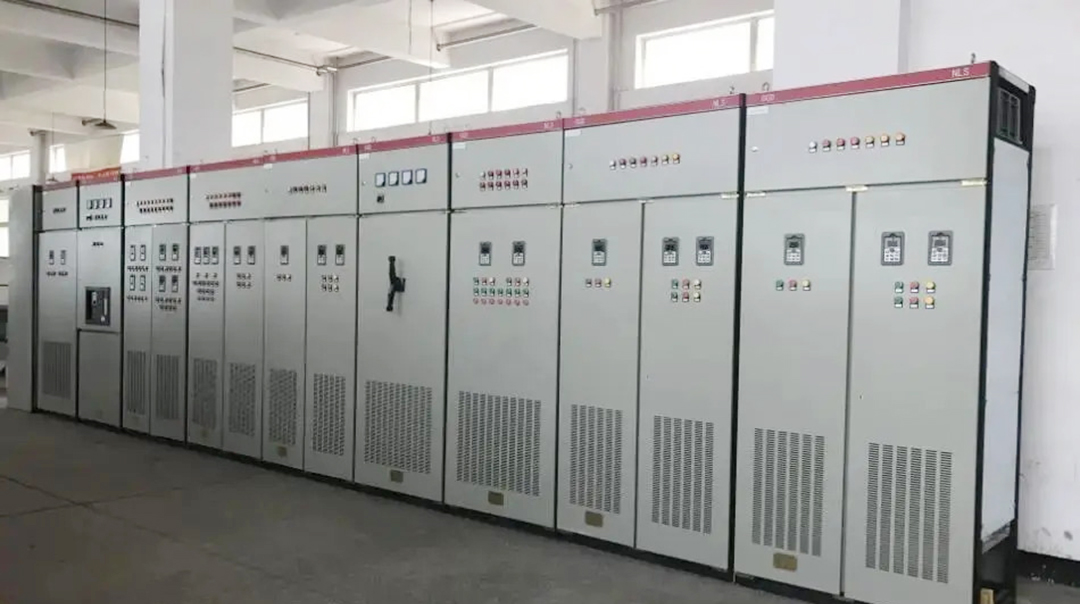What effect do harmonics have on capacitors?
The effects of harmonics on capacitors include additional heating, overloading, increased dielectric or voltage stress, and unnecessary losses, all of which can significantly shorten the lifespan of capacitors. In power systems with high levels of harmonic distortion, capacitor banks are particularly prone to failure. The combination of harmonics and capacitors can lead to a severe power quality issue known as harmonic resonance, which can cause extensive damage and further reduce the life of the capacitors.
Harmonics in an electrical system indicate that the current and voltage are distorted from the ideal sinusoidal waveform. These harmonic currents, caused by non-linear loads such as variable speed drives, rectifiers, and inverters, circulate through the network and produce voltage harmonics as they pass through the system impedance. This distortion in supply voltage can lead to additional damage to other electrical equipment within the system.

To mitigate these issues, harmonic analysis is crucial. A thorough power quality analysis is recommended to identify and understand the harmonics or other irregularities present in the network. Without proper analytical studies, capacitor banks can fail frequently, and cables, transformers, and other installed equipment can become overloaded. Conducting an on-site power quality audit is essential to diagnose the root cause of the problem and propose a solution.
Capacitors are commonly installed in various power systems, ranging from commercial and industrial to distribution and transmission systems, primarily as power factor correction devices. Despite their essential role in harmonic filters (excluding reactors), capacitors cannot avoid the damaging effects of harmonics. In power systems with high harmonic distortion levels, capacitor banks are especially vulnerable to failure.
Harmonic resonance in power systems can be classified as parallel resonance or series resonance, both of which are prevalent in harmonic-rich environments. Parallel resonance leads to current multiplication, while series resonance causes voltage amplification. If the resonant conditions involve a large number of violations at a specific frequency, the capacitor bank can suffer significant damage. Additionally, other electrical equipment within the system is at high risk of damage.
With many years of experience in power quality, from switch controllers to complete power quality equipment solutions, we offer comprehensive services. If you encounter any power problems, please feel free to contact us.



